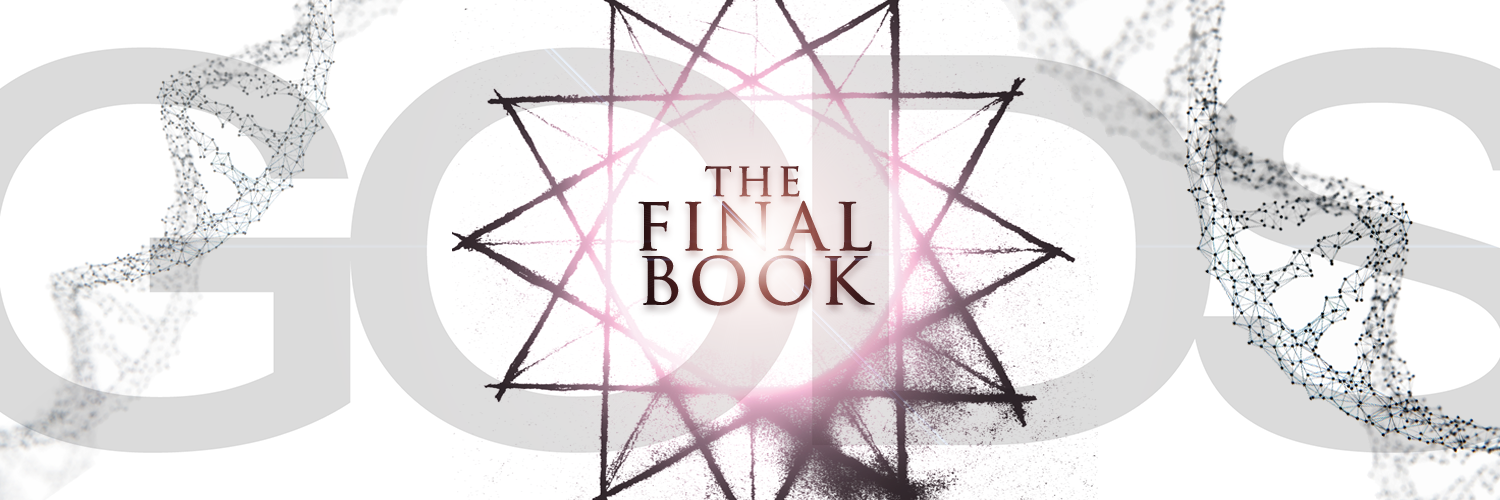Language Is A Virus That Limits The Way You Think

Words and language are but a virus preying upon our brains from birth.
Exploring Daniel Dennett’s From Bacteria to Bach and Back, we’re left with a peculiar takeaway; words and language are but a virus preying upon our brains from birth. However, this virus is symbiotic and the backbone of human culture–and culture is the foundation of our intelligence.
On the surface, language seems to mimic top-down intelligent design. We humans are the creator of our language so therefore we are in control of it. However, Dennett inverts the paradigm and ties the phenomenon to evolution, demonstrating how language is as organic as natural selection. “Children acquire this natural language by a quasi-Darwinian process, achieving the competences that are the foundation for comprehension by a process that is competent without comprehension” (197). The child becomes immersed in language from birth and bootstraps themselves into comprehension through a massive and unconscious process of trial and error (197).
Dennett explains that humans are genetically, or instinctually, wired to develop language and that we are uncontrollably immersed in it. We naturally attribute meaning to words through the senses in a variety of ways, embedding language into our cognitive ability—thought almost becomes all but impossible without language, and separating the two is practically unfeasible. By anthropomorphizing words, Dennett uses the analogy that words compete for survival and the only way they continue to exist is by attaching themselves to host brains. The users of these words spread them like viruses, contaminating new hosts by using these words.
In this sense of language, the process becomes entirely uncontrollable to the individual. In order to preserve our own existence and thrive in the game of human / cultural survival, language is completely necessary. However, I’ve personally wrestled with the question of language for many years. While in my opinion Dennett is unquestionably correct in his explanation of the process and affordances language has provided for humans, it is also our greatest limitation. As noted, language evolved alongside humans and it isn’t perfect. Philosophy often scrapes at the outer edges of thought and therefore is constrained by it [the language we use to construct such thoughts]. Original ideas, or trying to communicate new ways of thinking or discoveries is a monumental task when none of the current vocabulary or the necessary structure of language has not yet been developed (simply lacking the tools needed) to express the idea. In these instances, language is constricting the flow of information rather than fostering it.
Advancements in languages through writing, math, and computer code have created highly accurate copies of information and the dissemination of it. Controlling language in such a way—digitally vs analog—is also a form of evolution; though more of a “creator” top-down structure than Darwinian evolution. The way we are introduced to language and the way that language shapes our thoughts is uncontrollable, however understanding this process and developing alternatives to natural language offers a level of control and the potential for unprecedented advancement. Somehow operating outside the confines of language spurs development, but those developments must be consolidated within language in order to be shared with the culture and to be put to any practical use.












